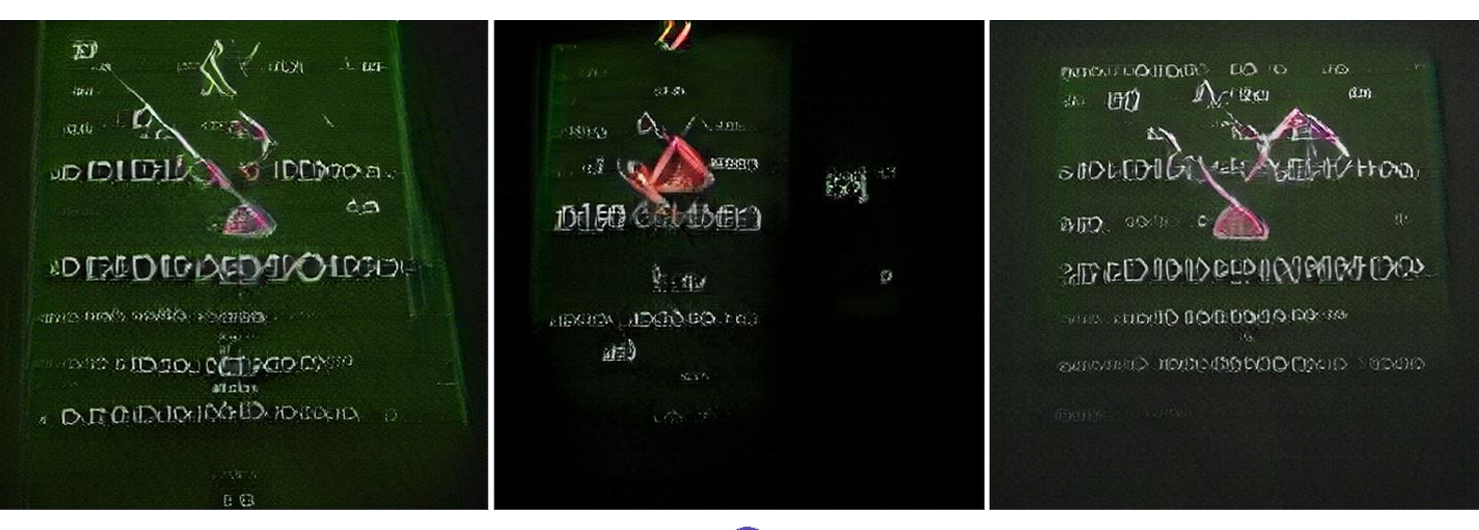
Human beliefs and practices in relation to the sacred, numinous, spiritual and divine
Building collective intelligence depends on creating a "context" in which this intelligence can emerge in the first place. These are situations in which people, issues, experiences and learning processes intertwine to produce new insights. This can happen accidentally or in the performance of rituals.
It has somehow always existed:
the
distinction between the sacred and the
profane. Emile Durkheim described
this distinction as a central feature of
the social reality of human religions.
The sacred is said to refer to those
collective representations that stand
out from society or that transcend the
everyday.
The profane, on the other
hand, is everything else, all those
everyday things like our jobs, our bills
and our rush hour commute.
But when did this begin, that the
sacred was removed from everyday
experiences?
When and why does the
sacred no longer penetrate this worldly
reality?
When
something is recognised as sacred, we
certify that sacred has a quality that
is beyond the material, physical world.
Hegel no longer had to interpret the world, but the transformation of the world.
Karl Marx's treatise on the commodity fetish did not initially find much significance for a long time, but today it is considered one of the central ideas of his critique of capitalism.
In his
work Das Kapital, Karl Marx
describes a quasi-religious,
material relationship to products
that people make for each other.
Before Karl Marx, Georg Lukács
already recognised the commodity
fetish in 1923 as an alienation from
being human and saw in this fetish
character that human beings degrade
themselves into commodities and are
thus are being reified.
We are still in that time
that prefers the image to the thing,
the copy to the original, the idea
to the reality, the appearance to
the essence.
Worse still, now
have to deal with these new images
of virtuality. Now it seems that our
orientation in the world is totally
upside down.
At least we know
that we are manipulated by images.
Images make us believe that we
belong, that we participate, that we
know something. We know nothing, we
can verify nothing and declare it to
be the truth.
Finding the
truth - that's a whole other topic
again.....
So we are more
alienated than ever.
In order to overcome this
alienation as individuals and also
as a society, we have to become
aware again of what really counts in
life. This may sound superficial,
but it is not.
And it is
actually quite simple: we only have
to free ourselves from the many
mainupualtions and these alien
desires imposed on us.
This
"liberation" has to do with our own
social positioning within society.
Where do we position ourselves? And
this is not a question of wealth and
financial background, but a question
of free will. We cannot stop questioning,
analysing and criticising the
concept of society. Society is a
process. Society is always changing
and adapting.
But we have to
agree with the social
transformations.
Therefore,
it is consequently necessary to also
question the terms (such as
questioning, analysing and
criticising)
...a little
hamster wheel.
And we can
already see now that we will spin on
the spot.
xxxxxxxxxxxxxxxxxxxxx
- Ratio Legis
- Redemption
- Rites and celebrations
- Magic and seership
- Ethics, beliefs and other paths
- Witch-hunt
- Paganism



